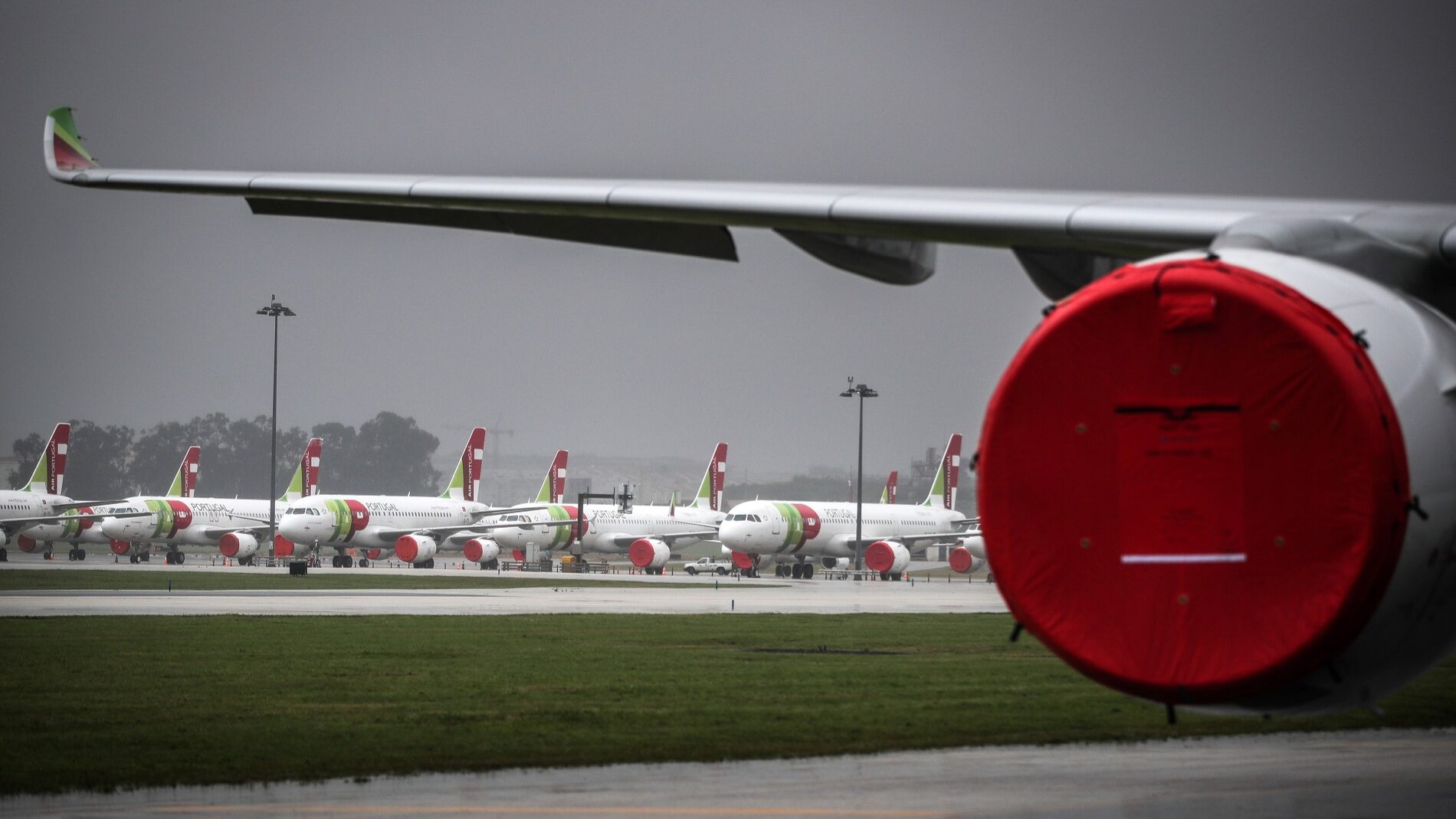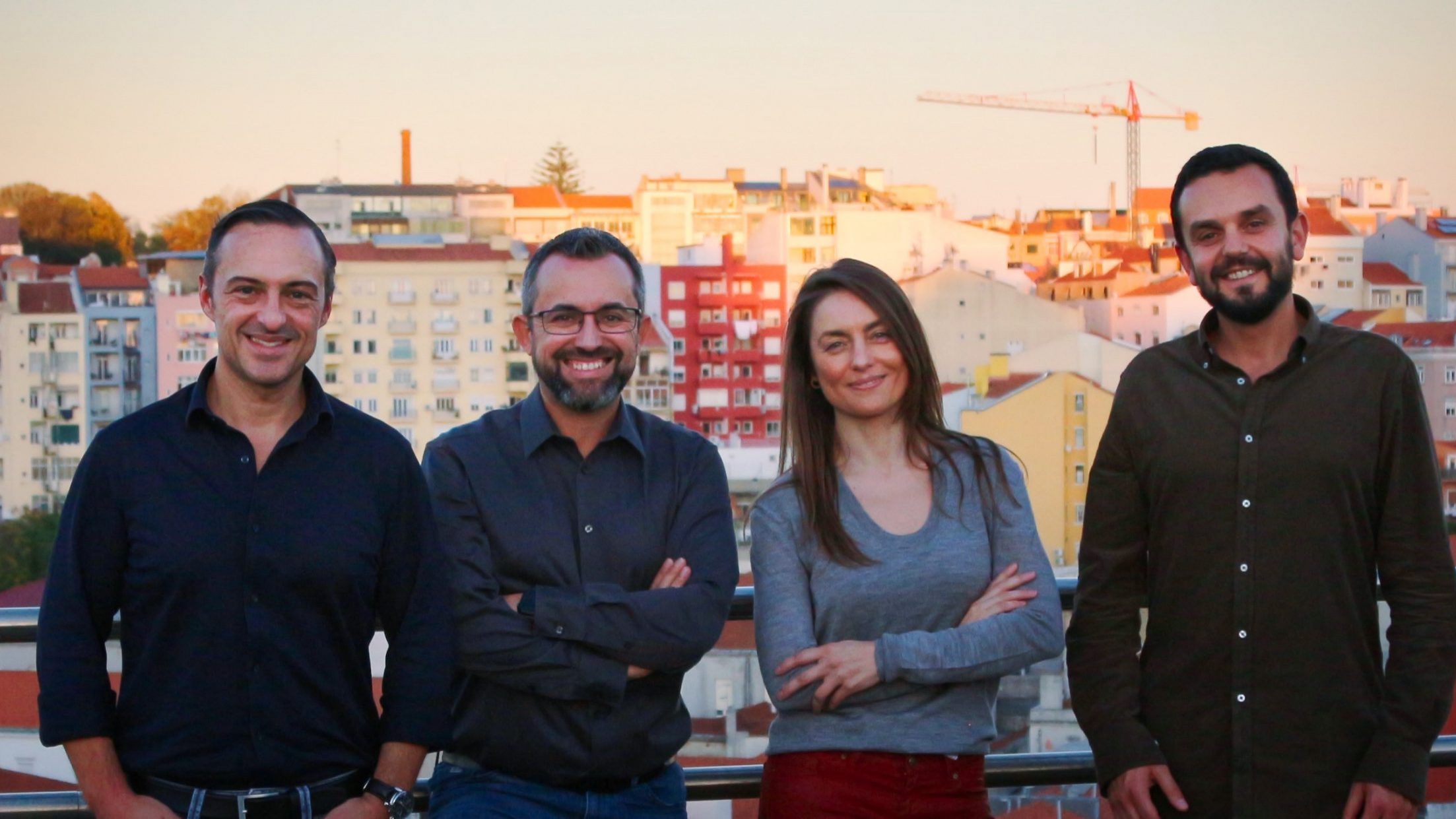Minister wants country leader in sustainable aviation fuel production
João Galamba also referred to the role of ports in this energy transition process and on the path to an emissions-neutral economy.
The minister of infrastructure, João Galamba, said on Tuesday that there are “an interesting number of projects” to produce sustainable fuel for aviation in Portugal, signalling TAP’s aim to seize the opportunities in this energy transition process.
Speaking at the opening session of the “Lisbon Energy Summit & Exhibition 2023”, which runs until 1 June, João Galamba stressed that, taking into account Portugal’s potential in terms of renewable energy, the ambition is to place the country “in ‘pole position’ for the production of sustainable fuels for aviation” (SAF).
“We have an interesting number of projects to produce SAF in our country, and we will strengthen our goals and provide the appropriate legislative and regulatory conditions to provide stronger signals to the market,” said the minister of infrastructure.
Pointing to the “enormous challenges” of decarbonisation that air transport faces in the coming decades, João Galamba stressed that the “significant need for investment in equipment and supply infrastructures” that this implies, reinforcing that Portugal “aims to turn this challenge into opportunities”.
In this context, he pointed to the SAF production projects, stating that the aim is for “TAP to take full advantage of existing opportunities” in this energy transition process.
“We have the ambition for the airline [TAP] to take full advantage of the opportunities of energy transition,” said the minister, noting that SAF is “a risk that airlines have to deal with, face and manage,” and that it is the way they do it that can transform costs and challenges into long-term industrial partnerships and opportunities.
Earlier João Galamba also referred to the role of ports in this energy transition process and on the path to an emissions-neutral economy, pointing out that this gives ports new opportunities to attract energy-related industries.
“It is therefore clear that we have to create the conditions to position our ports as energy exporters, as energy facilitators, of energy ecosystems where a higher value industry is setting up,” he said, stressing that Portuguese ports also have “a critical role to play” in the offshore wind energy value chain.


